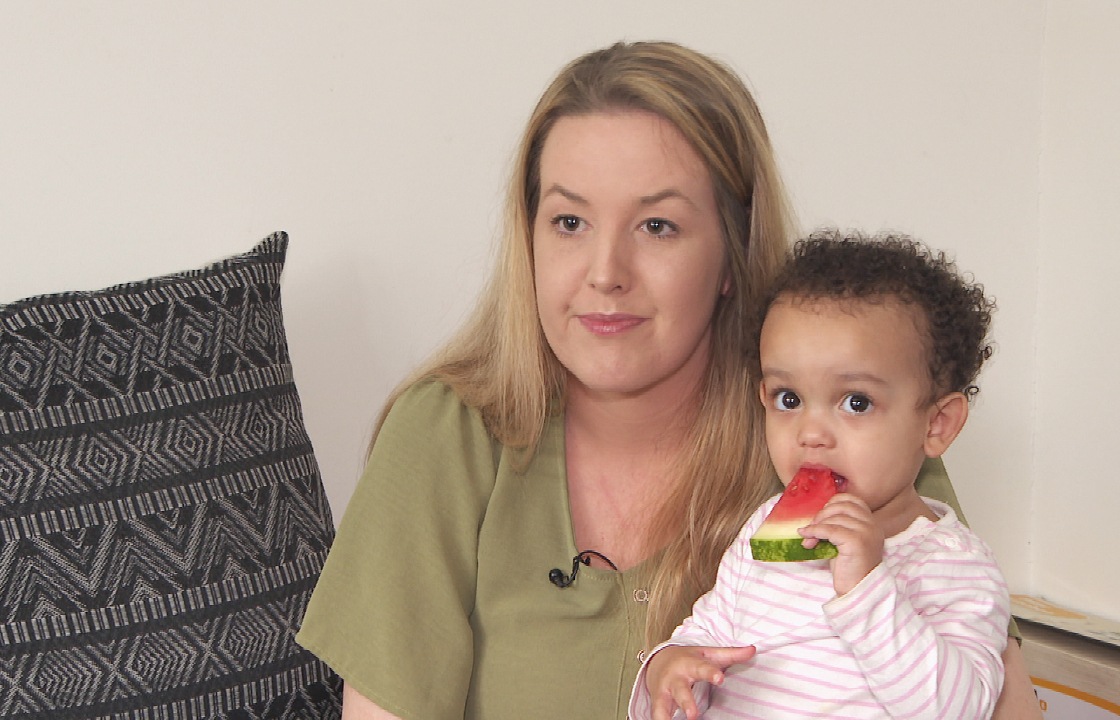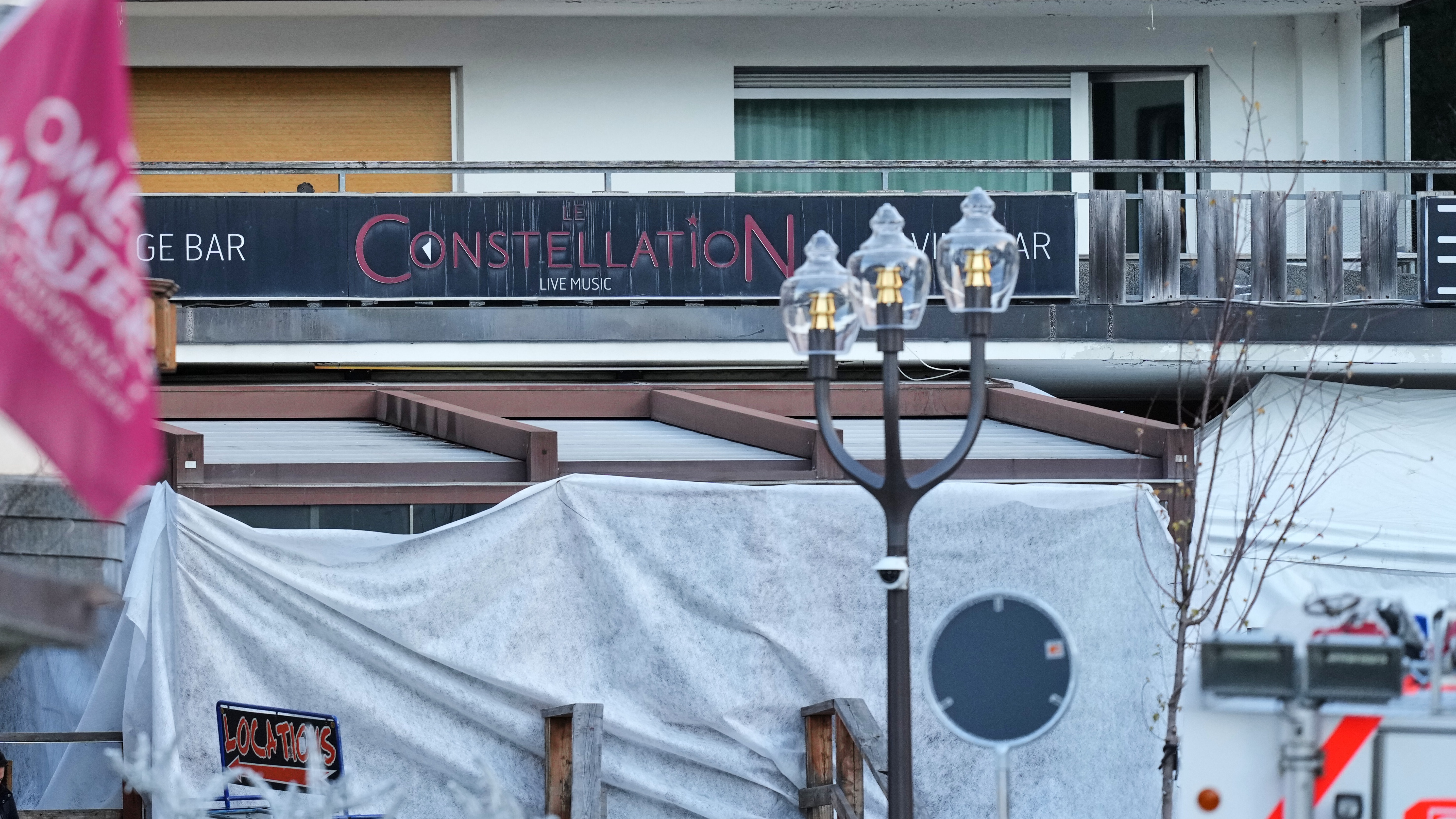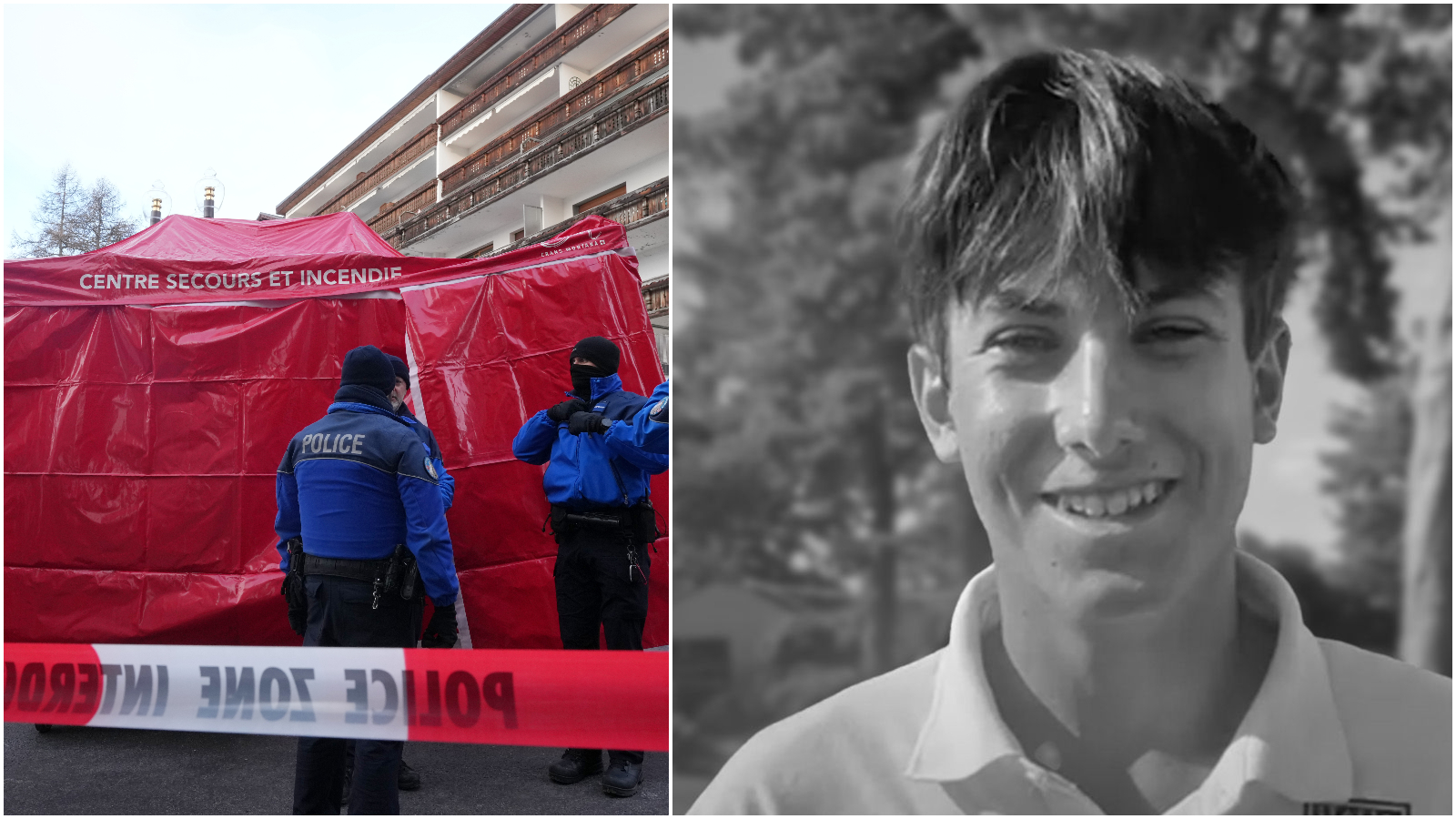Key Points
-
 People living in the UK need to earn a minimum of £29,000 to bring an immediate family member from abroad to live here, up from £18,600 previously.
People living in the UK need to earn a minimum of £29,000 to bring an immediate family member from abroad to live here, up from £18,600 previously. -
 Tory visa rules to increase the lower wage limit to £38,700 in 2025 were paused by the home secretary in July last year.
Tory visa rules to increase the lower wage limit to £38,700 in 2025 were paused by the home secretary in July last year. -
 Scotland’s equalities minister Kaukab Stewart has called for the requirement to be “reduced or removed altogether”.
Scotland’s equalities minister Kaukab Stewart has called for the requirement to be “reduced or removed altogether”. -
 Families say they are being kept apart by the ‘cruel’ immigration rule.
Families say they are being kept apart by the ‘cruel’ immigration rule. -
 Mum-of-one Jema Howie moved from Livingston to the Middle East in 2018 where she met her partner, David Enyi.
Mum-of-one Jema Howie moved from Livingston to the Middle East in 2018 where she met her partner, David Enyi. -
 The family has been navigating the complexities of the UK visa process for the past 18 months.
The family has been navigating the complexities of the UK visa process for the past 18 months. -
 Another Scot left in limbo is Sarah Douglas, who lives in Perugia, Italy with her family.
Another Scot left in limbo is Sarah Douglas, who lives in Perugia, Italy with her family.
Families say they are being kept apart by a “cruel” immigration rule that has seen the minimum income requirement increased for visas.
The UK Government is facing calls to help Scots reunite with loved ones by changing the earnings threshold for the UK Family Visa route.
Changes to the rules would support the wellbeing of married couples and families by helping them be together in Scotland, according to a new Scottish Government report.
Equalities minister Kaukab Stewart has called for the requirement to be “reduced or removed altogether” to allow families to build a life together in Scotland.
Under current laws, people living in the UK need to earn a minimum of £29,000 to bring an immediate family member from abroad to live here, up from £18,600 previously.
Tory visa rules to increase the lower wage limit to £38,700 in 2025 were paused by the home secretary in July 2024 until a review of the policy is completed.
The change was part of measures set out by the previous Conservative government to reduce immigration.
‘My baby is missing her dad’
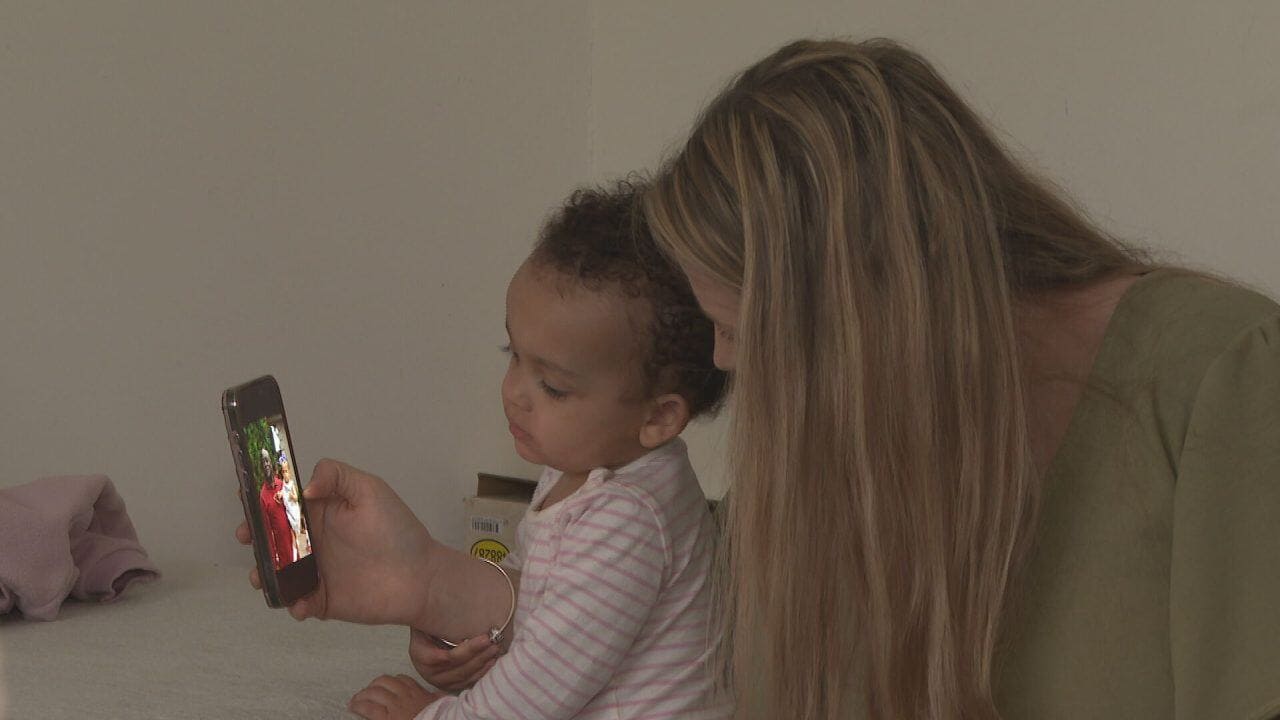 STV News
STV NewsMum-of-one Jema Howie moved from Livingston to the Middle East in 2018 where she met her partner, David Enyi. They have a one-year-old girl, Jade.
The family has been navigating the complexities of the UK visa process for the past 18 months.
“We’ve had to jump through hoops – The legalities and consulting solicitors, different avenues, visa types. We’re at a bit of a standstill,” Jema said.
Having lived in the Middle East for about five years, the couple decided to relocate to the UK.
But the visa requirements have seen the family separated, with David, a software engineer, living back in Nigeria.
Jema said daughter, Jade, is missing out on special moments with her father, who they last seen in person in October.
“She’s sitting right here. She’s missing out on milestones with her dad. I miss my partner; she misses her dad.
“The only way she gets to see her dad is Facetime.”
She said the financial burden of the visa process has been significant, costing up to £10,000 for the visa process alone.
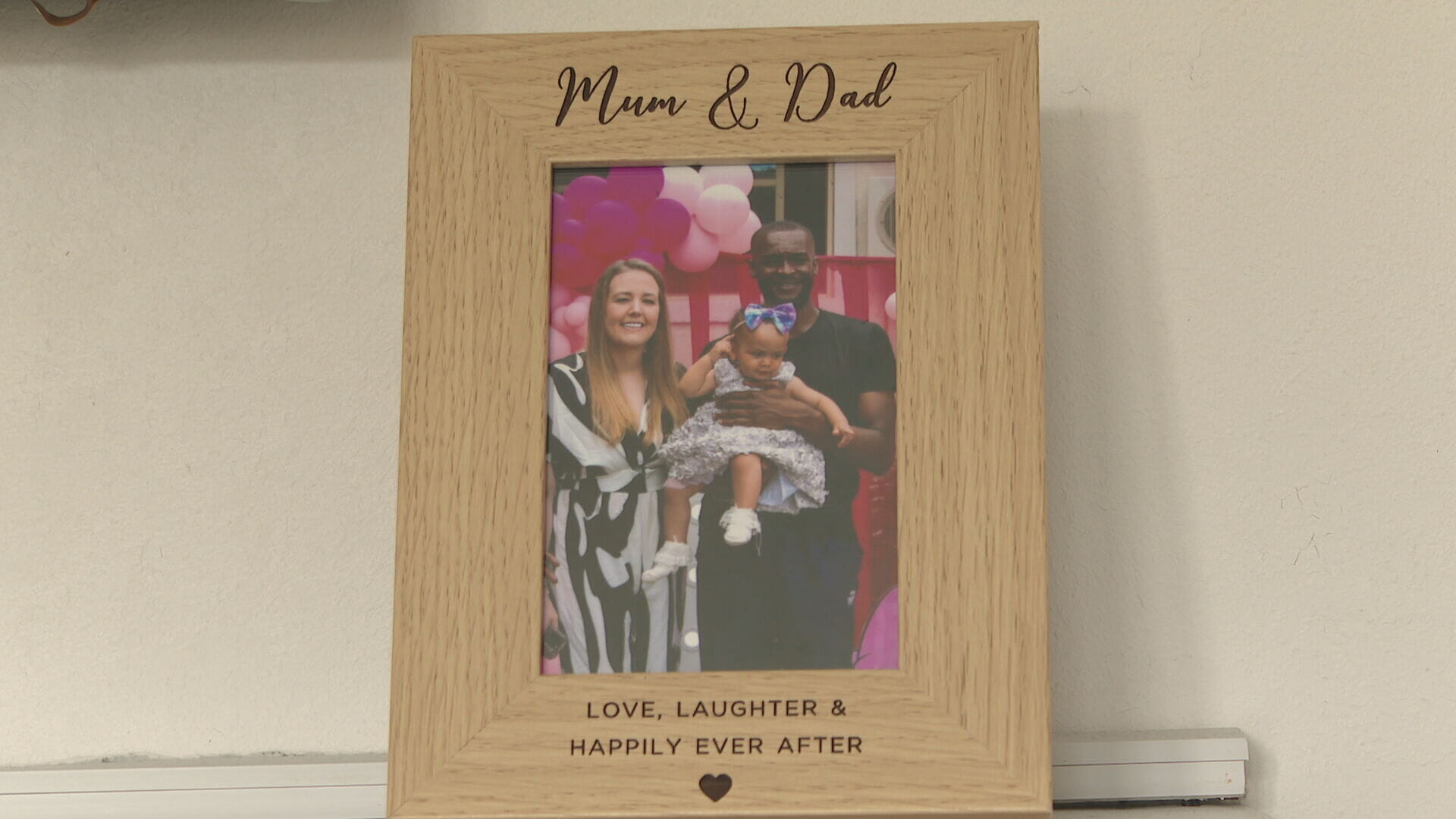 STV News
STV NewsJema believes the government raising the income threshold is designed to “set families up for a fall.”
“It’s a staggering amount of money. The average wage doesn’t look like that at the moment,” she said.
“I could go back to work full-time, but my entire wage would go on childcare. If I was to go nursing full-time with Jade on my own, my takeaway pay would be £17 a month after my bills are covered. What can you do with that?”
Jema hopes for a fairer system that allows families like hers to be reunited and stay together in the UK.
“We’re waking up daily – what can we do now? Which visa will we try? Who can we call?
“I don’t know if I would be able to control myself if we got a visa – I’d feel every emotion at once.
“We don’t want special treatment. We just want fairness. It’s Jade that’s missing out at the hands of the rulebook.”
‘It’s between separating my family or permanent exile’
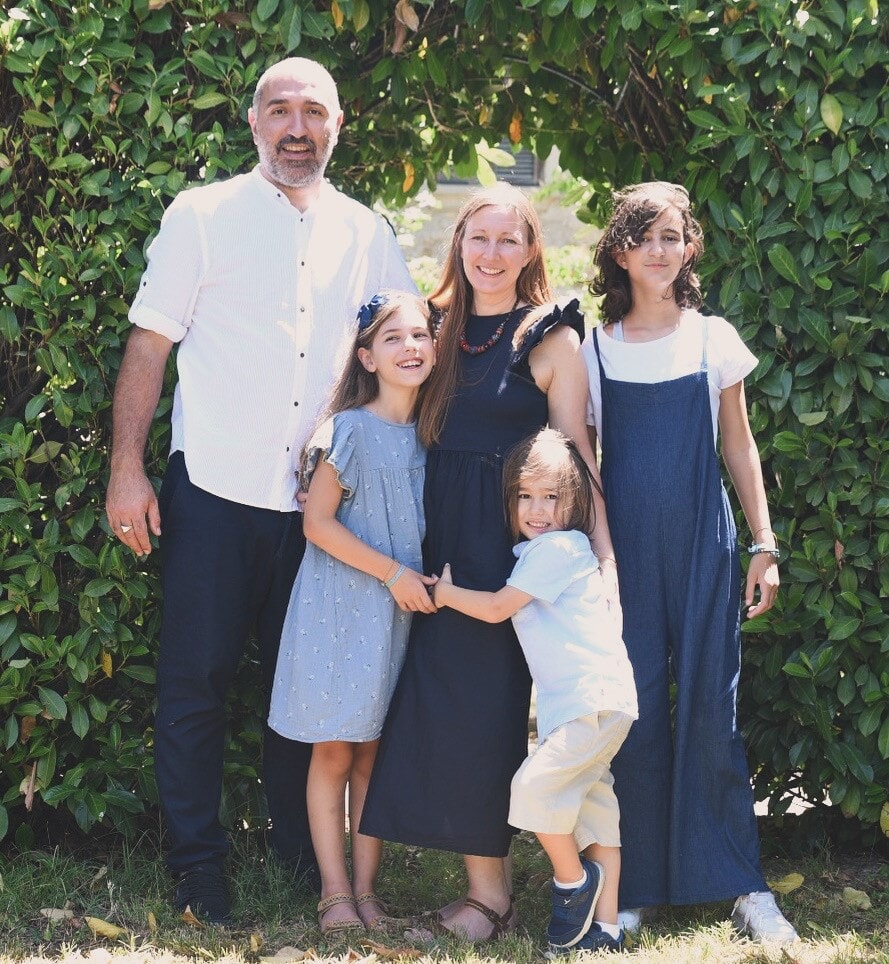 Scot Gov (supplied)
Scot Gov (supplied)Another Scot left in limbo is Sarah Douglas, who lives in Perugia, Italy with her family.
Sarah met her husband Matteo Ricci there while teaching English there in 2007. They married in 2010 and have three children; Alba, 13, Mirren, nine and Arthur, five.
Sarah said they had always planned to move back to Scotland eventually to be closer to her family, however they cannot afford to do so due to the minimum income requirement.
She said while Brexit threw “a spanner in the works,” the couple have worked hard over the last three years to save to meet the income requirement of £64,000 and sponsor Matteo’s visa.
But now the income threshold will see the sum needed rise to nearly £90,000.
“We decided saving was the best option as we didn’t want to be separated. It would have been too difficult to be able to earn while caring for three young children without my husband there.”
“But this has really set us back a lot. It has become even more impossible for us to move.”
She said the news has taken an emotional toll on her family, especially as they now cannot justify the costs of flying to Scotland to visit this summer.
“it’s very upsetting for everyone, my children particularly. They don’t understand that even though they are British, they can’t just move to Scotland and live close to their cousins. It’s hardest on them.
“I am faced with a choice between separating my family or permanent exile. It is a cruel policy which places unnecessary emotional and financial strain on families.”
Sarah, who has campaigned with Reunite Families UK for a review of the policy, is hopeful ministers will remove or reduce the income threshold.
She said: “I’m British, my children are British. They feel strongly it’s their country and they should have the right to live here. We don’t believe we should be separated from their father in order to do so.
“We would really like to be close to my family, especially while my children are young. We want them to grow up with cousins and see their grandparents more often.
“Apart from anything, it’s the principle. Cross-border couples shouldn’t have to choose one country or another, they should have the right to be together in whichever country they choose.
“I believe it’s the right of the citizens of the UK to marry who they want without having to look at how much they earn, how much money they have. Families belong together, in the end.”
‘A price on love seems very unfair’
Demi Kara is from Edinburgh. She married her husband, who is from Adana, Turkey, in 2024.
Due to the minimum income requirement, the couple are currently living separately in Scotland and Turkey.
Demi said: “A price on love seems very much unfair. Younger long distance couples have no chance in this generation – you pay the price and put your life on hold, or you leave, it’s as simple as that.
“I put my degree on hold to fight for my husband to be by my side – a basic right every person should have. A change the minimum income requirement would allow my life to be whole, allow my heart to be full of love and not broken and torn between two countries.”
A new Scottish Government report sets out evidence that the minimum salary requirement “does not support Scotland’s interests”, and disproportionately impacts women and part-time workers.
Equalities Minister Kaukab Stewart said: “This Valentine’s Day, I am calling on the UK Government to make the changes needed so that couples and families who do not meet the current financial requirements can be reunited.
“People who live in Scotland should be able to build a life with their spouse and raise children here – wherever in the world their husband or wife is from. Allowing more people to bring their families to live here would enrich communities, support public services and contribute to the economy.
“The UK Government’s review of the income threshold is welcome, and the Scottish Government is clear that the minimum income threshold needs to be reduced or removed altogether to allow more families to build their lives here in Scotland.”
A Home Office spokesperson said: “The Minimum Income Requirement for family visas needs to balance a respect for family life while also maintaining the United Kingdom’s economic stability.
“To help ensure we reach the right balance, this government has paused further changes to the requirement while the Migration Advisory Committee conducts an independent review. Any future changes will be subject to an equalities impact assessment, which will include consideration of the impact of any change on women and part-time workers.
“In cases where refusing a visa would cause unjustifiably harsh consequences for the applicant or their family, permission can still be granted based on exceptional circumstances and Fee Waivers are available where a person is unable to afford the fee.”
Follow STV News on WhatsApp
Scan the QR code on your mobile device for all the latest news from around the country


